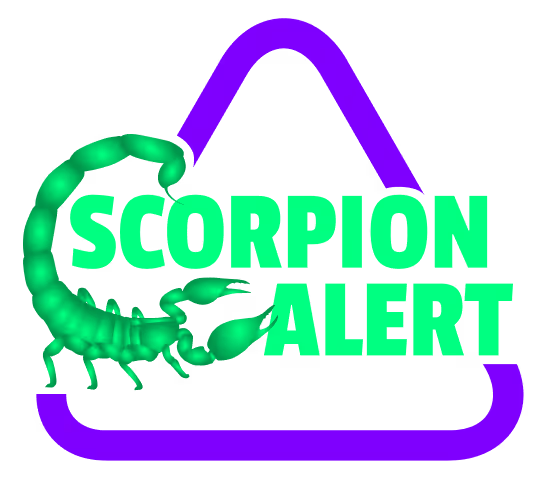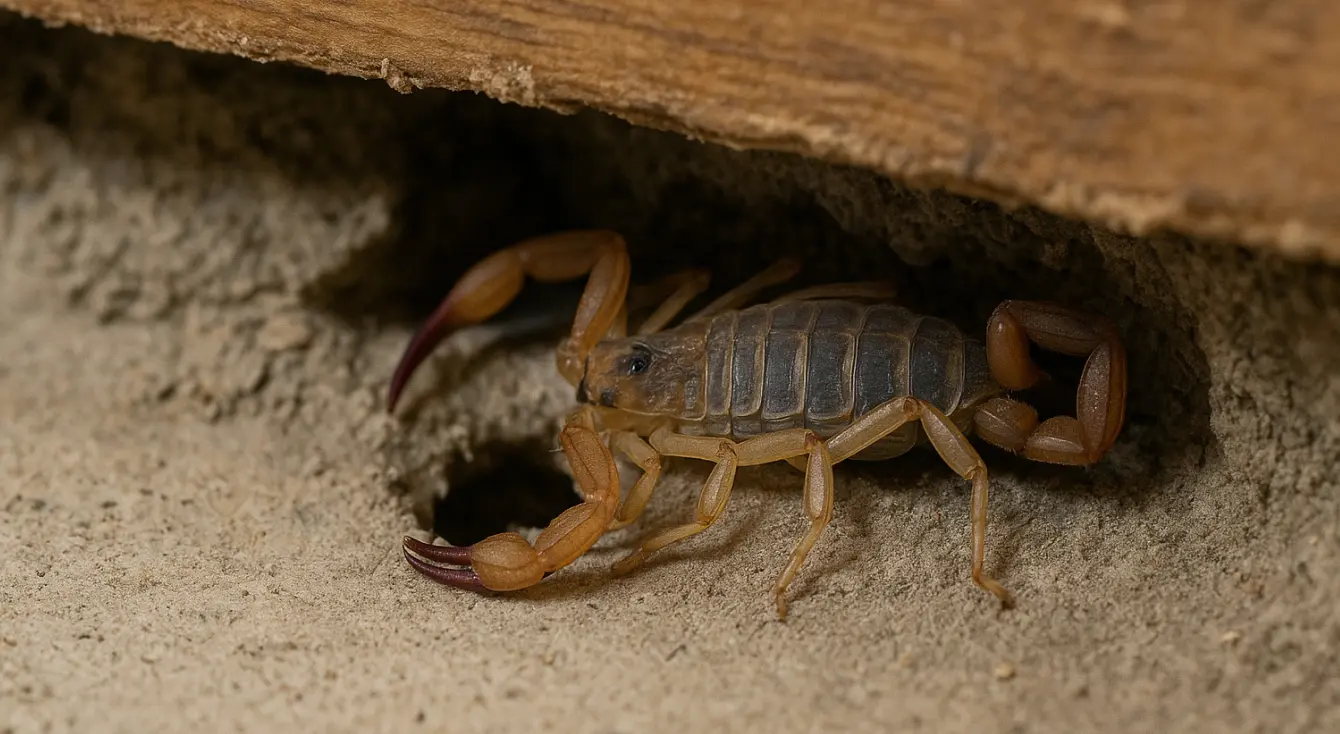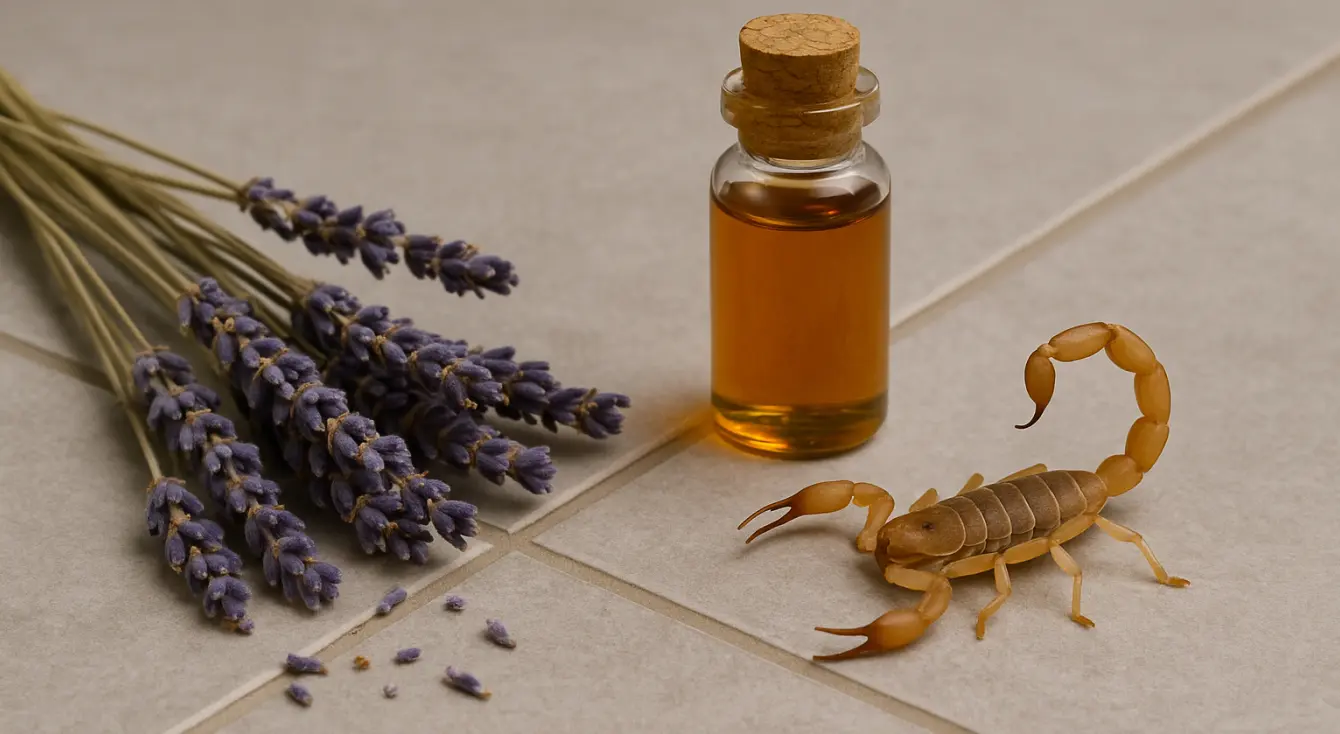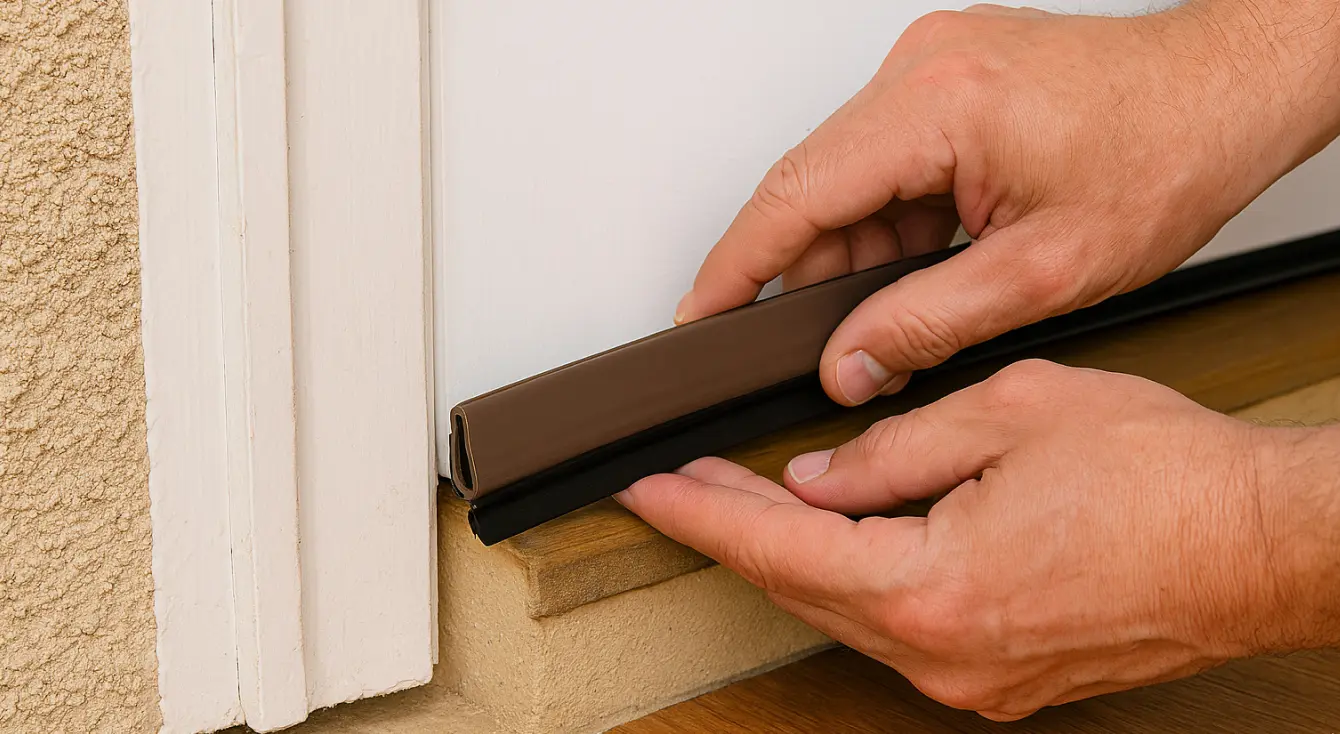If you’ve spotted a scorpion inside your home, you might be wondering: how long has it been here… and how long is it planning to stay? The answer depends on the species, the conditions in your house, and whether it’s found food and shelter.
Let’s break down what keeps scorpions alive indoors—and how long they might last without you even knowing.
Lifespan of a Scorpion Indoors
Scorpions are built for survival. In the wild, Arizona bark scorpions (Centruroides sculpturatus)—the most common indoor invader—can live up to 5–7 years. That same lifespan is possible inside a home if the conditions are right.
Inside your house, a scorpion can survive for months to years, especially if:
- Temperatures stay moderate
- There’s access to insects or water
- It finds hiding spots like baseboards, closets, or wall voids
If your home provides steady warmth and food, a scorpion has no reason to leave.
What Do Scorpions Need to Survive Indoors?
They’re low-maintenance pests, but not invincible. Here’s what keeps them going:
1. Food Source
Scorpions eat live insects—especially crickets, roaches, and spiders. If you’ve got bugs, you’re inviting scorpions in for dinner.
Tip: Seeing fewer bugs doesn’t always mean fewer scorpions. They’re experts at surviving on very little food for long stretches.
2. Water Access
Scorpions don’t need much water, but they’ll stick near moisture. Bathrooms, kitchens, and laundry rooms are prime hangouts.
3. Dark, Cool Hiding Places
Think closets, cabinets, under furniture, or in wall gaps. These quiet, dark areas mimic their natural crevice shelters.
How Long Can a Scorpion Live Without Food or Water?
Surprisingly long. Scorpions have slow metabolisms and can survive months without eating. In cooler temps or low-activity periods, they conserve energy even better.
As for water, they’ll die off quicker without it—especially if your home is sealed tight and dry. But if there’s condensation from pipes or access to pet bowls, they can persist indefinitely.
Can Scorpions Breed Inside?
Yes—and this is where the real trouble begins. A female bark scorpion can give birth to 25–35 young in a single clutch. If even one pregnant female gets cozy in your home, you could be looking at an infestation within months.
Scorpions don’t build nests, but they do cluster in ideal hiding spots. Attics, wall voids, and even piles of laundry can become scorpion hotels if not regularly disturbed.
How Do You Know If They’re Still Around?
Since scorpions are nocturnal and excellent hiders, most people don’t realize they’re sharing space until:
- One shows up in a sink, tub, or shoe
- Pets react to a sting
- You see multiple in a short time period
Our Scorpion Detectors were designed specifically for this kind of stealth pest. They use UV light and AI to detect glowing scorpions at night—automatically alerting you when one appears. This helps you track activity without tearing apart your home looking for them.
Final Word: Don’t Wait Them Out
If you think a scorpion will just leave or die off eventually, think again. In the Southwest, homes often offer better survival conditions than the desert.
The sooner you confirm whether scorpions are active in your home, the faster you can take steps to seal entry points, remove food sources, and stop reproduction.
Want to know for sure if they're still sneaking around at night? Let our Detectors do the looking while you sleep.






